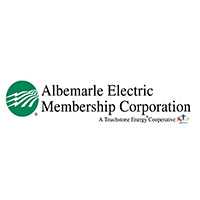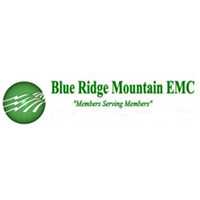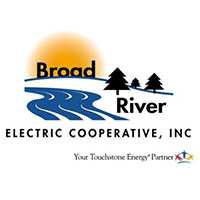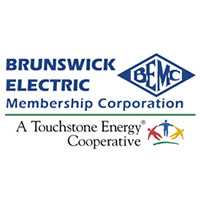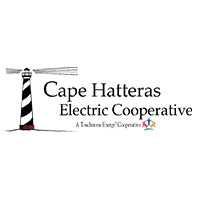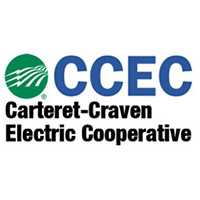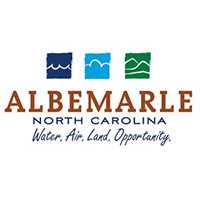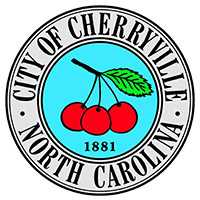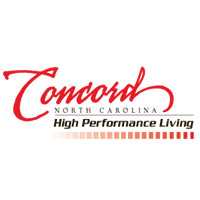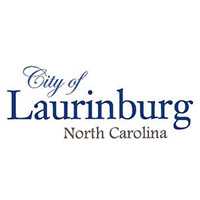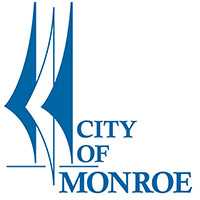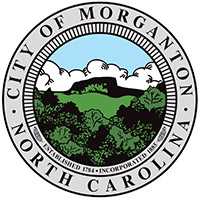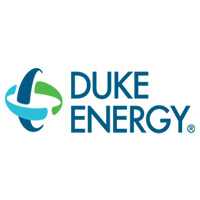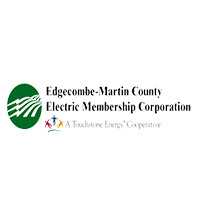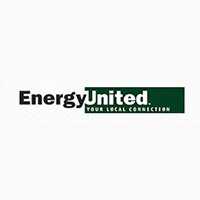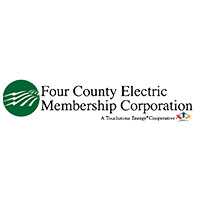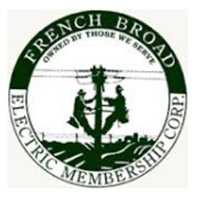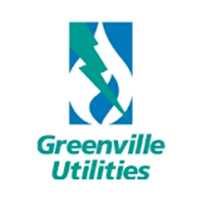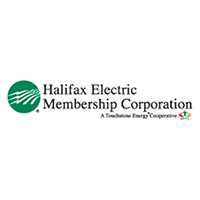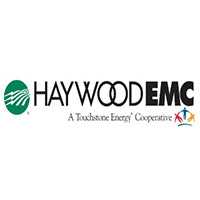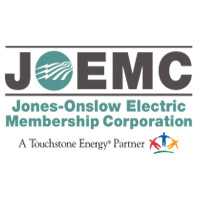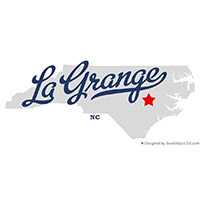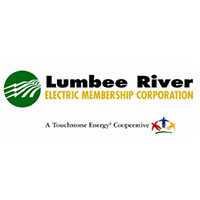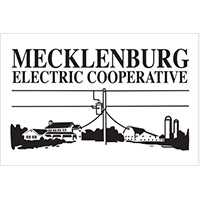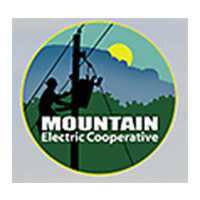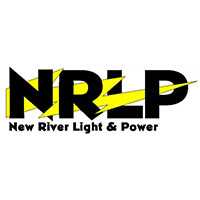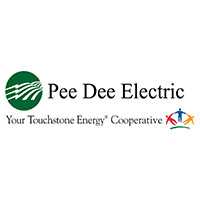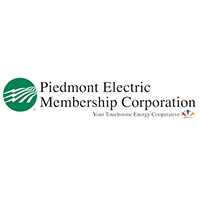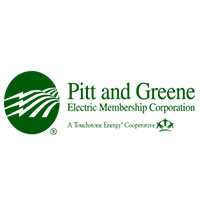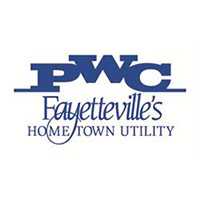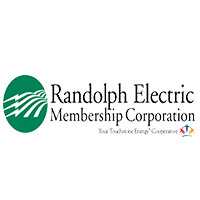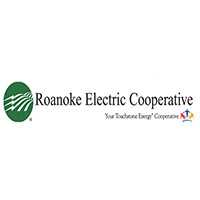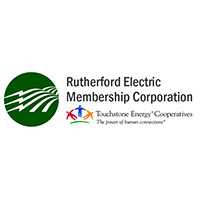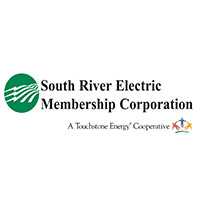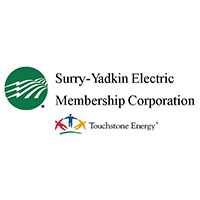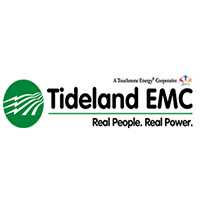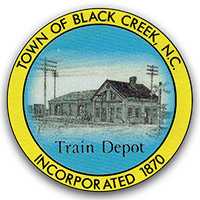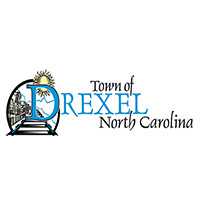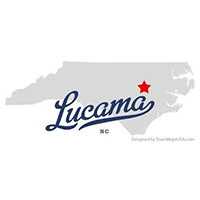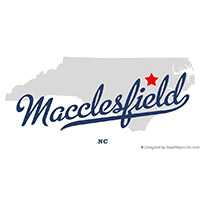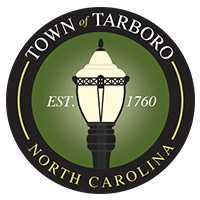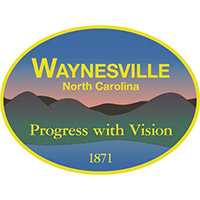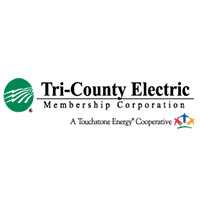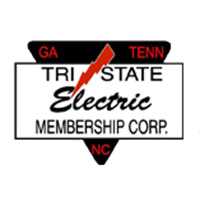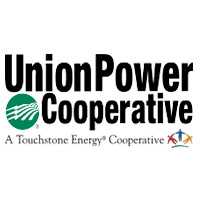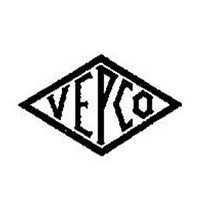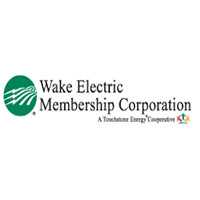Solar power in North Carolina
North Carolina is a great place to go solar. The major investor-owned utilities in North Carolina, which include Duke Energy, Progress Energy, and Dominion North Carolina Power, are required to offer net metering to their customers. In addition, there are some local rebates and utility incentives that make going solar even more rewarding.
You can utilize the federal tax credit, too, which is equivalent to 26% of the total cost of your system. The tax credit combined with some local and utility incentives have the potential to cover about 50% of the investment costs!
Compare solar quotes from the top solar companies in North Carolina
North Carolina solar power facts
$2.62 watt
Average cost: 5kW solar power system
?8 Years 2 Months
Average payback time
$61,373
Average lifetime savings
?6¢ kWh
Levelized cost of solar energy
25¢ kWh
If you don't get solar
?14,097 kWh
Annual power production
Cash flow graph based on cash purchase of a 11.03kW system
This 11.03kW system would offset 100% of your energy usage if your typical monthly bill in North Carolina is $168, however, your situation may vary so try our solar calculator to get a result tailored to you.
6
Solar companies in North Carolina that provide pricing through the SolarEstimate marketplace.
How much can solar panels save you in North Carolina
Average total cost of solar panel installation in North Carolina
| System Size | Cash purchase After 26% solar tax credit |
Financed purchase After 26% solar tax credit |
|---|---|---|
| 3kw | $6,016 | $6,497 |
| 4kw | $7,903 | $8,535 |
| 5kw | $9,694 | $10,470 |
| 6kw | $11,455 | $12,372 |
| 7kw | $13,105 | $14,154 |
| 8kw | $14,741 | $15,920 |
| 9kw | $16,250 | $17,550 |
| 10kw | $17,760 | $19,181 |
How much do solar panels cost in North Carolina?
$2.62 per watt
Cash purchased solar system
Before 26% solar tax credit
$2.87 per watt
Financed solar system
Before 26% solar tax credit
$0.0¢ /kWh
Lease/PPA
Ave 15 year term, 2.5% price escalator
What are the pros and cons of installing solar panels in North Carolina?
The advantages of installing solar in North Carolina include the excellent net metering policy and the strong sun exposure that makes the production of solar systems in North Carolina higher than in some other states.
SolarPowerRocks provides a great breakdown of solar incentives and policy for each state within the US.
The disadvantage of installing solar in North Carolina is that incentives are beginning to dwindle due to utilities meeting their renewable energy goals. However, the falling price of solar in general more than makes up for the limited incentives.
Best solar companies in North Carolina
Find local city information
Find local information for cities in North Carolina
Compare solar quotes from the top solar companies in North Carolina
Best brands of solar panels
To find the best brands of solar panels you can use America's most trusted solar panel comparison and reviews website, SolarReviews.
However, reviews of solar panels can be a bit meaningless because most consumer owners have not had any issues and so while solar company reviews are very important when choosing solar installers they are of less use when choosing solar panels.
For more information to help you make an informed decision about this topic, I would recommend this article about buying solar panels.
How much electricity will solar panels produce in North Carolina
Solar panels produce different amounts of energy in different locations.
Around the Charlotte area solar panels installed on a south-facing 23.8-degree pitch roof will typically produce:
1,330kWh
per year per 1kW of peak DC
(direct current) capacity
For more information about how your location, roof direction, and roof tilt affects solar power production use the solar panels calculator and enter your zip code.
I want to buy a solar panel kit and install it myself
What rebates, solar tax credits, and other solar incentives are available in North Carolina?
Net metering in North Carolina
Net metering in North Carolina requires your utility to credit you for excess solar generation that is sent to the grid, at retail value. When more energy is generated than what a household uses, the credit is carried forward at the retail value to help offset the costs of future bills. Unfortunately in North Carolina, any remaining credits at the end the yearly billing cycle expire and cannot be carried over to the next year.
In North Carolina, investor-owned utilities are required to provide net metering on all of their rate plans. If you are on a time-of-use rate, your net metering works a little differently. When you create excess energy during peak hours, the credit you receive can be applied in the future to offset either peak or off-peak power generation. However, off-peak credits can only be used to offset future off-peak consumption.
Duke Energy Renewable Energy Rebate
Duke Energy offers a one-time rebate to their customers who switch to solar. You receive 60 cents for each watt of solar energy installed, with a maximum rebate of $6,000.
That means if you install a 5 kW system, you will receive a rebate of $3,000!
This program is only available until 2022.
North Carolina Solar Calculator
Regardless of what you want to know about the economics of installing solar panels for your home or business in North Carolina, we have a solar calculator that can show you exactly the information you require.
What you can find out about installing solar panels in North Carolina using our full monthly solar calculator
This solar calculator requires you to input your address, utility company, your average monthly power spend - It tells you:
- What size solar system do you need?
- Answers the question of How many solar panels do I need?
- How many square feet of roof space you need for solar panels
- Solar electricity production in annual kWh (kilowatt-hours) you can expect from your solar system in North Carolina
- The value of solar tax credits and other incentives you are entitled to based on the estimated size of system you need, your location and your utility provider.
- Likely cost based on an average of prices charged for solar systems of that size in the last year in North Carolina or Charlotte ;
- The likely payback period on your solar panels and your investment return.
- Your total lifetime solar savings based on each of the major solar finance options, a cash purchase, a cash purchase funded with a HELOC sol (home equity line of credit) and a zero-down PPA or third party lease product.
If you want to see all of the above but also see live pricing, the three best solar deals available in your city and get binding quotes from each of these solar companies then use this North Carolina solar panels calculator. This calculator requires you to also input your name and contact details because most of our 200+ installer partners will only authorize the sharing of their live solar pricing where we have validated that you are a real homeowner with a home in their service area. We respect the privacy of your data and only share your contact details with the solar companies you ask us to get binding quotes from.
Going solar in North Carolina
Check out all of the ways energy providers of North Carolina can help you be more energy-efficient and save money.
The following programs are available:
| Incentive Name | Eligibility | Type |
|---|---|---|
| Residential Renewable Energy Tax Credit | Federal | Personal Tax Credit |
| Property Tax Abatement for Solar Electric Systems | State | Property Tax Incentive |
| Net Metering | State | Net Metering |
| Duke Energy Solar Rebate Program (Expired) | Utility | Rebate Program |
| Piedmont Electric Membership Corporation Energy Efficiency and Renewable Loan Program | Utility | Loan Program |
Find your local rebates and incentives
Your city may have further incentives to offer. Please keep in mind that the best source of up-to-date information on incentives is the solar installers who specialize in your area.
